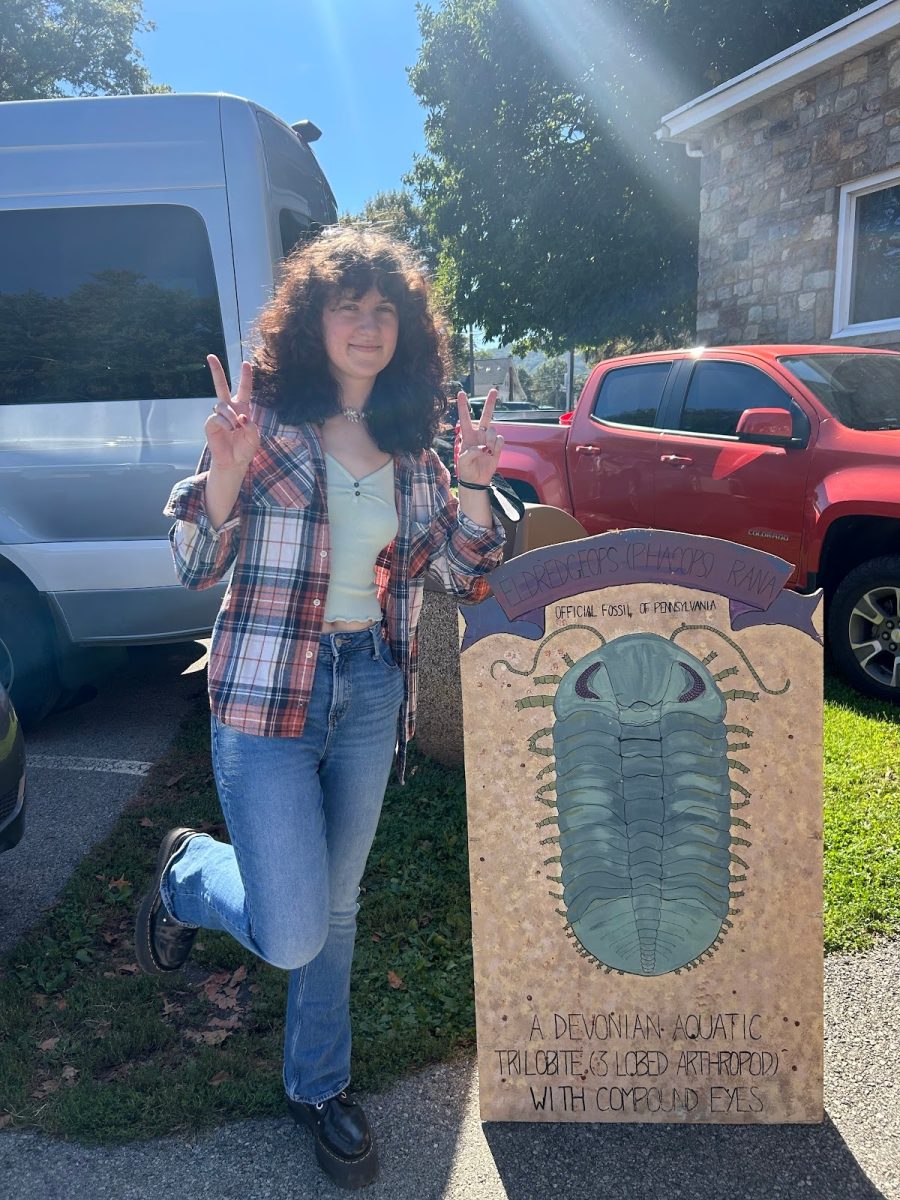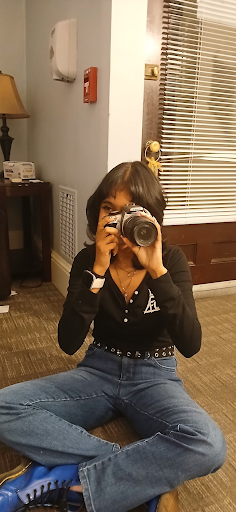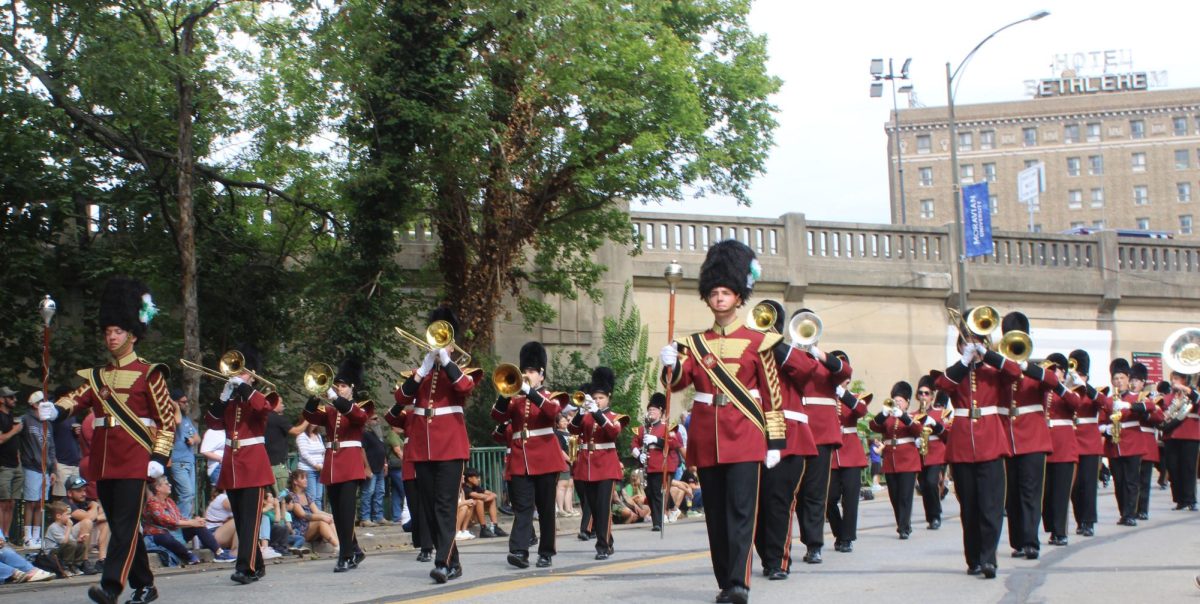When Americans picture Italy, they tend to imagine a looping montage straight out of “Call Me by Your Name:” mopeds, red wine, cobblestones, and gelato that miraculously doesn’t melt.
The kind of Italy that is designed for Instagram captions about “la dolce vita.” But living in Florence has made me realize that the real Italy doesn’t fit neatly into that postcard.
I’m going to annoy a lot of people who have never been abroad with this article, so let me start by saying how much I love Florence, Italy, and Europe as a whole; in a different life, I think I would have been born and raised there.
But let me start with some things I missed about America when in Italy. Studying abroad is not “Eat, Pray, Love”; for students who can’t afford to eat out every day, it’s a lot of grocery shopping, and for me, who didn’t have a roommate or suitemates, it’s loneliness.
Most Americans expect cinematic moments, forgetting about quiet domestic ones, such as trying to decode foreign laundry machines, realizing there’s no Walmart, or feeling invisible in a crowded piazza. But, figuring out how to belong in a system that wasn’t built for you? That was what made me so proud of myself during my time away.
Another thing you should note as an American traveling: people hate you because you are American. If they don’t hate, they stereotype.
You start noticing how loudly you talk, how fast you walk, how casually you apologize for things. Locals may tease you, stereotype you, or ask if you own a gun. It’s disorienting, being the outsider for once, but it forces you to see America from the outside, too.
Hearing a loud noise and jumping is a lot more embarrassing in front of a bunch of Europeans who don’t have to worry about gun violence, so I can’t blame them.
Conversations about healthcare, labor rights, or public transportation suddenly take on a different meaning when you see how other countries structure daily life. You stop thinking of “abroad” as a vacation and start seeing it as an alternate reality, one that exposes how narrow American normalcy can be. And you realize the influence America has over the global sphere, and how little you know about it.
Oh, and Italians love discussing politics as a daily conversation, not a distant subject. In America, we treat political talk like a social landmine. In Italy, it’s a pastime. Everyone has an opinion: the butcher, the cab driver, the barista, especially the cab drivers.
And if you think “Italian culture” is one unified thing, think again. Italy isn’t a monolith; it’s a patchwork quilt of rival regions. Sicilians think Northerners are socially cold and distant. Northerners think Southerners are chaos embodied. Even the word “Italian food” is funny here, since it doesn’t exist. There’s only regional food, tied to the soil, the season, and the pride of whoever’s cooking it.
And for my final point: rest. In Italy, rest is not earned; it is assumed. In America, we worship exhaustion and call it ambition.
You may call it laziness. Shops closing at four? Public offices taking long lunches? Naps during the day? “How inefficient,” your American brain might suggest. But the longer I lived in Florence, the more that efficiency started to feel like a sickness.
In Italy, people linger over meals, conversations, and moments that in the U.S., we’d rush past. That doesn’t mean Italians don’t work hard; believe me, they do. But they don’t confuse fatigue with virtue. Rest isn’t an escape from work. It’s part of the work of living.
And it’s political. The idea that everyone deserves time, lunch, family, and stillness is built into their systems. Even labor laws here reflect the belief that people should have lives outside their jobs. In America, that idea is often viewed as a threat to productivity, as if our economy depends on burnout.
Studying abroad here has made me realize how deeply we’ve internalized that exhaustion equals purpose. I still feel guilty if I’m not multitasking. But I’ve started taking walks with no destination. I’ve stopped calling “doing nothing” a waste, and I started living for myself, not the corporate system that feeds off me.
Maybe the most expensive thing I’ll bring home from Italy isn’t a souvenir or a new purse, but a new definition of ambition: the courage to measure success not in what you’ve achieved but in how deeply you’ve felt your own life.








